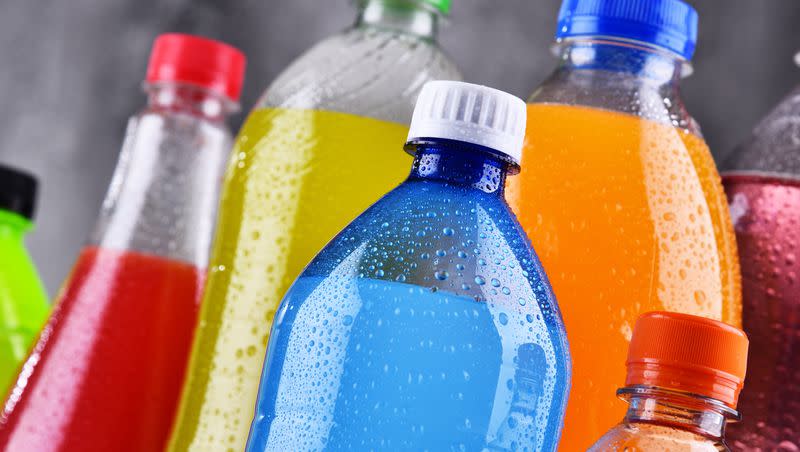Increased taxes on sweet drinks causes drop in sales, study finds

A recent study published by the Journal of the American Medical Association Health Forum revealed that the increased taxes placed on sugary drinks in some cities caused sales of those sugary drinks to dramatically decrease.
According to the findings, when a product increased its taxes by up to 33%, sales of those drinks dropped down to as low as 33%.
@UCBerkeleySPH research: after a #SodaTax was placed on #SugarSweetenedBeverages, sales declined in five U.S. cities. @AreBerkeley @BUSPH @UCSF @UofThttps://t.co/AFKF4PHyHg
— Berkeley Public Health (@UCBerkeleySPH) January 5, 2024
The study looked at sugar-sweetened beverages, including sodas and energy drinks, and examined the prices and associated taxes across five cities: Boulder, Colorado; Philadelphia, Pennsylvania; Oakland, California; San Francisco, California; and Seattle, Washington — all of which, between 2017 and 2018, implemented tax regulations on sugar-sweetened beverages.
Researchers examined sugar-sweetened beverages sold at over 26,000 stores, such as “nearly 500 in taxed cities, 1,340 in bordering areas and 24,502 in untaxed cities,” per U.S. News. In the same article, it’s noted that there was “no significant change” found of purchases in areas surrounding taxed cities.
According to Fox Business, tax amounts attached to these beverages could “range from 1 to 2 cents per ounce,” or in the case of two-liter sodas, “adds as much as an extra $1.36 in taxes to the price.”
Lead researchers’ take on the study
Scott Kaplan, an assistant professor of economics at the U.S. Naval Academy and the study’s author, stated the study measured “how consumers change their consumption in response to price changes,” according to CBS News.
Per NPR, Kaplan shared that some previous, contradictory studies focusing solely on Philadelphia’s taxes revealed findings of people possibly traveling outside of the city to avoid the taxes, whereas other, similar studies found no changes.
Related
What are the health benefits from these taxes?
Sugar-sweetened beverages can be harmful to the human diet. According to the University of California, Berkeley School of Public Health, which also assisted in the research of the study, claimed that these beverages, with their high content of added sugars, are associated with negative outcomes such as Type 2 diabetes, obesity and heart disease, among many other serious conditions.
In addition, according to CNN, even no-calorie or low-calorie sugar-sweetened beverages can lead to chronic heart conditions, as found in a separate study.
Related
What laws have been implemented, and what’s next?
According to the World Health Organization, taxes on at least some sugar-sweetened beverages have been administered in 108 countries; and in the U.S., eight jurisdictions have authorized soda taxes, though there have been no statewide policies imposed, per U.S. News.
This study may now produce significant inclinations for policymakers to advance similar tax levies, especially through the current research and knowledge of sugar-sweetened beverages
Related
In the same article by U.S. News, Kaplan states, “If you relate these findings to the medical literature regarding the impact of sugar on health outcomes, the estimates suggest large health cost savings and improvements in health outcomes related to taxing these products.”

